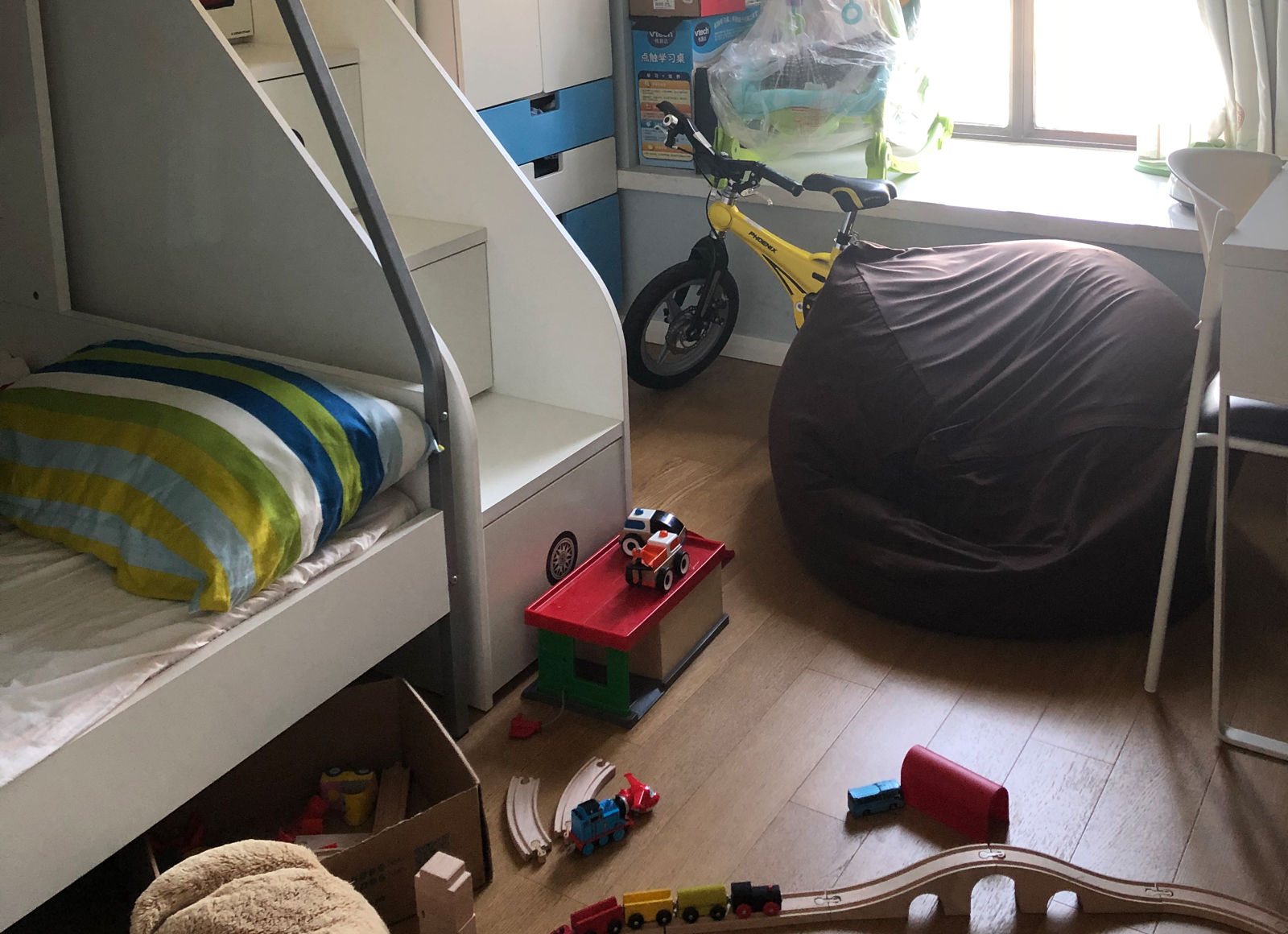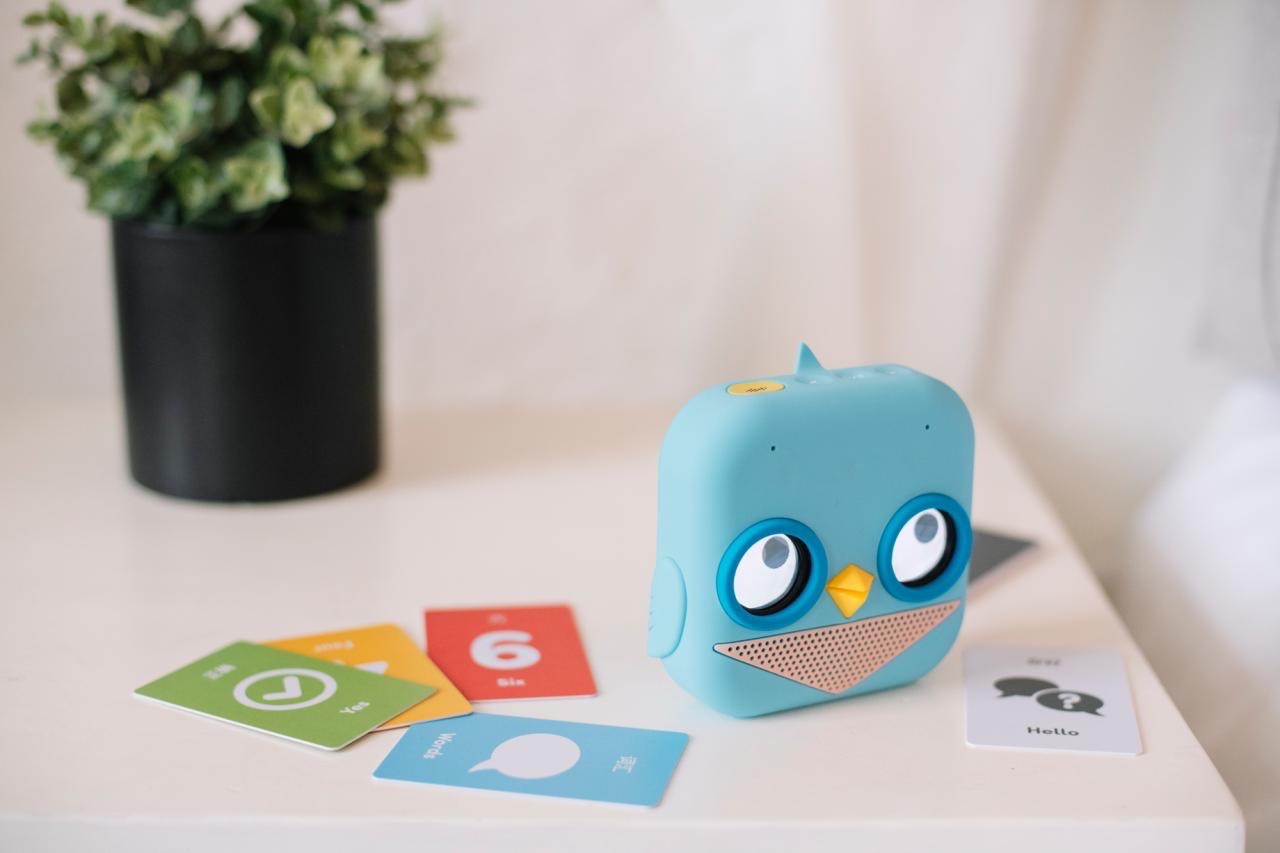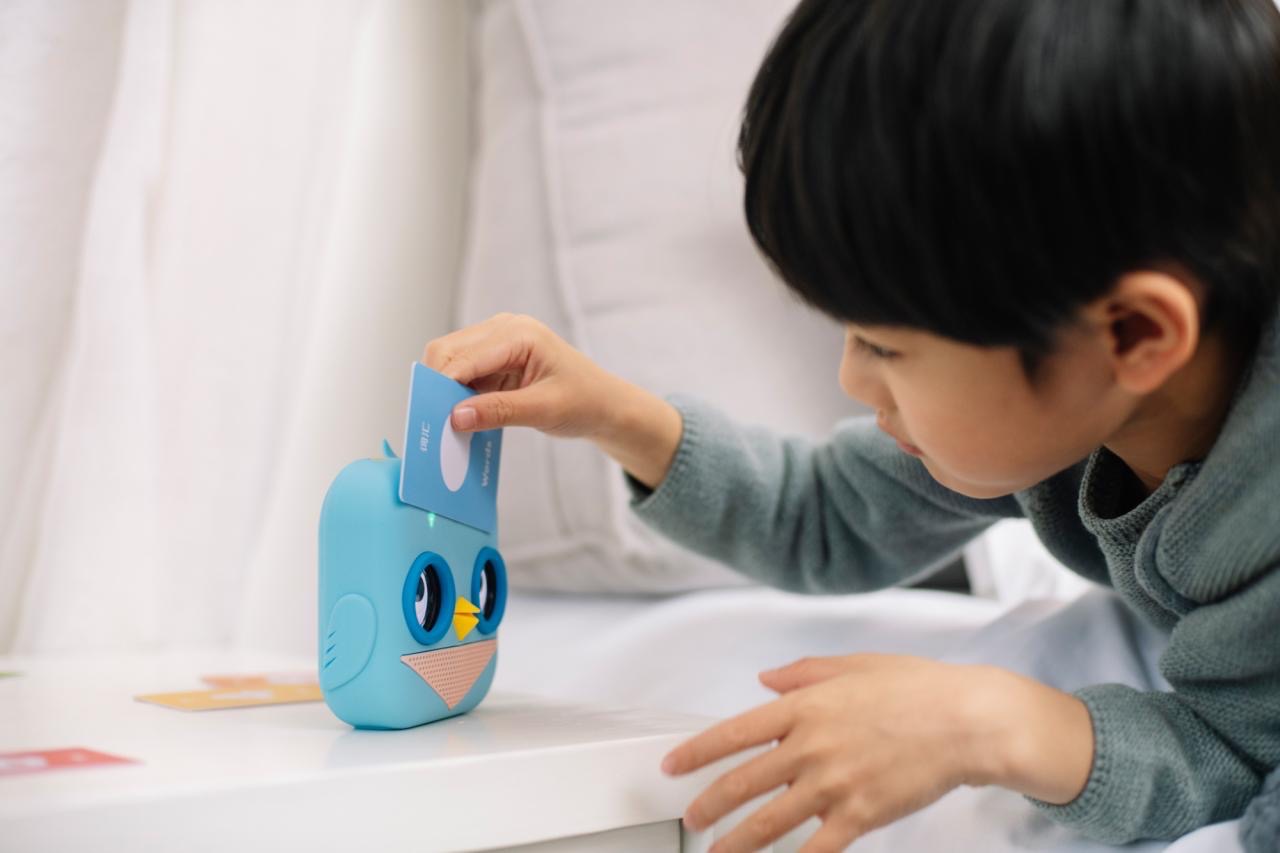Diary Study
UX Design
UX Research
Survey
Diary Study
UX Design
UX Research
Survey
Just as many parents want to create a home language environment, they also want their children to practice listening anytime, anywhere, but parents are limited because of their non-standard pronunciation or limited leisure time. Therefore, Education First hired Touch to find a solution to better help parents and kids. As a pioneer in children’s digital learning research, Touch works with global education leaders such as Pearson, Wall Street English and Tencent to create immersive learning experiences for their end customers. Touch used a series of tailored research methodologies to better understand children, especially those between 3-6 years old who couldn’t fully express themselves through conversation.

After two years of iterative design and research, EF launched a new generation of intelligent English learning speakers – Study Buddy in 2019. The audio content is fully synchronized with the offline classroom. At the same time, it integrates into daily life 24 hours a day. It is committed to becoming a smart device that can effectively cover users' English learning scenarios in addition to EF’s offline classrooms.

The meaning of learning through playing is different for Chinese parents. Through cultural research in the early phase of the project, we understand that Chinese are more goal driven than parents in the western world. This design principle guided us through the entire product iteration and the result is thrilling. The product not only becomes a playmate for kids, but also assures parents that kids are spending their time wisely. Study Buddy is a smart device that synchronizes its content seamlessly with offline class. The content adapts dynamically with children’s learning progress.

How do we know if the kids like our products? With years of experience working on kids’ products, Touch understands that it is hard to measure how kids like the products. For kids, they may not reveal how they actually like the products in a lab-testing environment. Furthermore, their attitude toward a product may change rapidly in just a couple of weeks. Thus, we chose to use the diary study method to observe kids’ behavior from behind. The process involved five rounds of diary study with more than 50 children, which gave us insights and data that are vivid and real. The feedback was looped back to the design, content and product teams, and was refined via multiple prototypes and pilots with EF schools. (Photo resource: Education First)

Touch is an expert team in design research. In the smart lighting projects we worked on, the team provided us crucial data support and insights in our product development.
Darren He
Head of product innovation, Philips